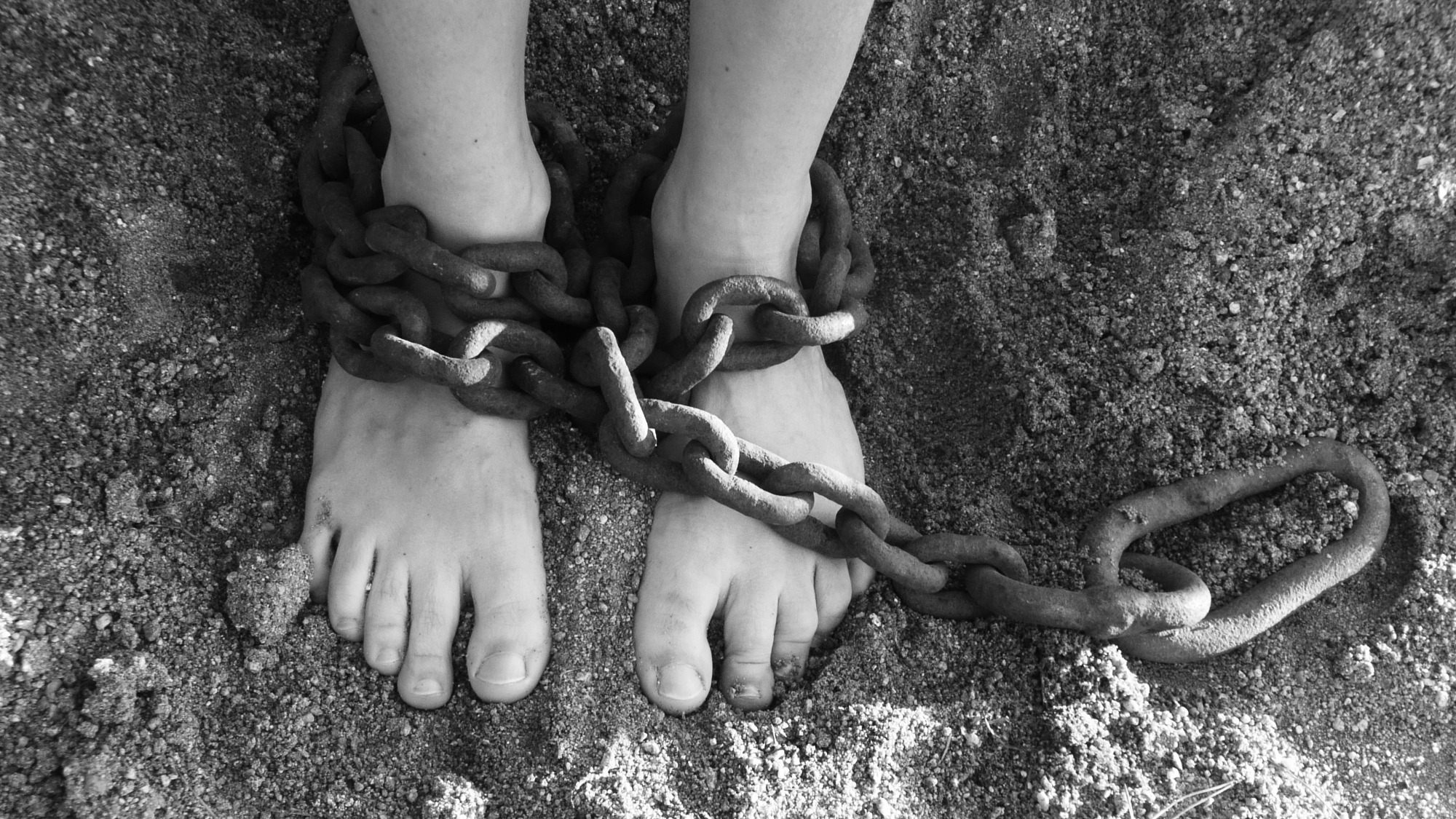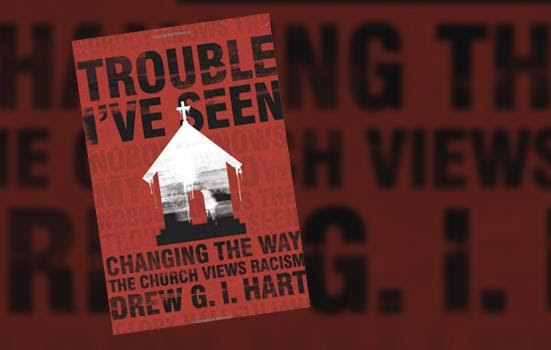Coronavirus Christianity: Drinking Milk Instead of Eating Meat
As COVID-19 finally hit home in the United States, we saw two really outspoken responses. It's hard for me to tell whether these were the general responses of Americans or if they were just getting the most attention, but the two responses were panic, which lead to over purchasing resources and hoarding them, and nonchalance, which lead to non-participation in preventative measures.
For those first several weeks after the first US cases were reported, many of the conversations I heard revolved around chastising people on one side or the other. People often wanted to talk about the ridiculousness of panic buying and hoarding because they were in the camp of nonchalance, or they wanted to talk about the ridiculousness of nonchalance because they were in the camp of panic. I met only a few people who had avoided panic and fear-based decisions without abandoning the seriousness of the current situation.
Coronavirus Christianity
The American response to COVID-19 wasn’t revealing anything new. Our response to this current crisis is the same response that we have to just about everything significant in America, including Christianity. It's the same response that Westerners have been having to Christianity for centuries.What we are seeing in America is the tendency of dualistic thinking that characterizes a lack of maturity and wisdom. It is an all-or-nothing mentality that something is either very serious and should be taken seriously or it's not serious and should not be taken seriously. This dualistic thinking causes a disparity in our society between those who have resources and those who don’t, and it often creates this disparity no matter which extreme a person lands on.
If a person has lots of resources and feels that there is a serious threat that causes them to panic, they might hoard their resources or spend their resources only on themselves to hoard even more resources. On the other extreme, if a person has lots of resources but doesn't feel that there's any threat at all they may neglect to share their resources because they feel there's no reason. In either case, people without resources end up with either fewer resources or without the aid they need to weather the storm.
What Does This Have To Do With Christianity?
Our response to the gospel has been largely the same as our initial response to COVID-19. Americans either respond to the gospel out of fear, which leads to a panic-driven urgency, or they believe it’s not all that important, which leaves their lives looking suspiciously like everyone else’s without substantial change.In this way, the Coronavirus isn't revealing something new to us. It's simply re-emphasizing what already exists: an all-or-nothing, dualistic thinking that runs rampant through American culture. Some examples:
- Either the Coronavirus is Chinese or it's not Chinese; people rarely slow down to discuss what either of those really means.
- Either the Coronavirus is serious or it's not serious; people weren’t stopping to consider in what ways it might or might not be serious.
- Either we have to protect the economy or we have to protect the vulnerable; it couldn't possibly be that we're trying to protect both or that the two are connected.
- Either you're a Christian or you're not a Christian; I rarely hear people discussing what those might mean in different contexts.
- Either you're with the right group of Christians or you're not with the right group of Christians; it couldn't possibly be that God cares about something other than which label you use.
- Either you're doing it right or you're not doing it right; it couldn't possibly be that we're all mistaken about something or that we're all just doing our best or that God has grace that is sufficient for those who can’t overcome certain limitations.
Growing Up
We think like children and reason like children, and I yearn for the day when we’ll grow up and taste the real meat of the gospel. I pray for the day when we can talk openly and earnestly about God and about Christ and about the Holy Spirit without leaning into fear and panic or justify our hatred and our cold-blooded vengeance. I’m hopeful that someday we’ll grow out of our aloofness from, and nonchalance about, the state of the world.The most discouraging part of this whole Coronavirus pandemic is not the response that people are having but the fact that we still refuse to accept its reality. Not the reality of the coronavirus but the reality of the response — the reality of the underlying mechanisms to which we have long been blind.
Photo by Ben White on Unsplash




Comments
Post a Comment